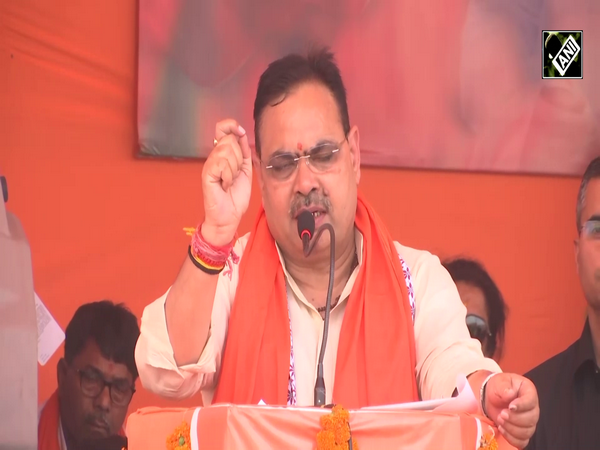Decoupling of Chinese and Indian economies is against trend: Sun Weidong
Jul 30, 2020

New Delhi [India], July 30 : The decoupling of Chinese and Indian economies is against the trend and the two economies are interdependent in the age of globalisation, Chinese ambassador Sun Weidong said on Thursday.
Speaking at a webinar organised by the Institute of Chinese Studies (ICS) Delhi on `India-China Relations: The Way Forward', he said both China and India have been deeply embedded in the global industrial and supply chain.
"According to a local statistics in India, in 2018-19, 92 per cent of Indian computers, 82 per cent of TV sets, 80 per cent of optical fibres, 85 per cent motorcycle components are imported from China...Countless examples like these are the reflection of globalisation. And globalisation has deepened the interconnection between countries... Whether you want it or not, the trend is difficult to reverse," Sun said.
"The development of economic and trade cooperation between our two countries is determined by the international division of labour, it is also the natural choice of enterprises and consumers for our two countries under the market-oriented principles. Decoupling of Chinese and Indian economies is against the trend and will only lead to a lose-lose outcome," he said.
The Chinese ambassador said that since the 21st century, bilateral trade volume between China and India has increased by 32 times to nearly USD 100 billion.
"China has been India's largest trading partner with a cumulative investment of more than USD 8 billion in India. China-India trade cooperation has boosted the development of industries such as mobile phones, household appliances, infrastructure, automobile making, medicine, and biology in India creating a large number of local jobs and cost-effective products for Indian consumers. Chinese and Indian economies are interdependent," he said.
"A German friend working in India told me that due to India's recent restrictions on the import of Chinese auto components, the production of German automakers has been greatly affected. This fully demonstrates that self-protection, non-tariff barriers, and restrictive measures violate market laws and WTO rules. It will only be harmful to oneself to others as well as to the world," the Chinese envoy said.



















